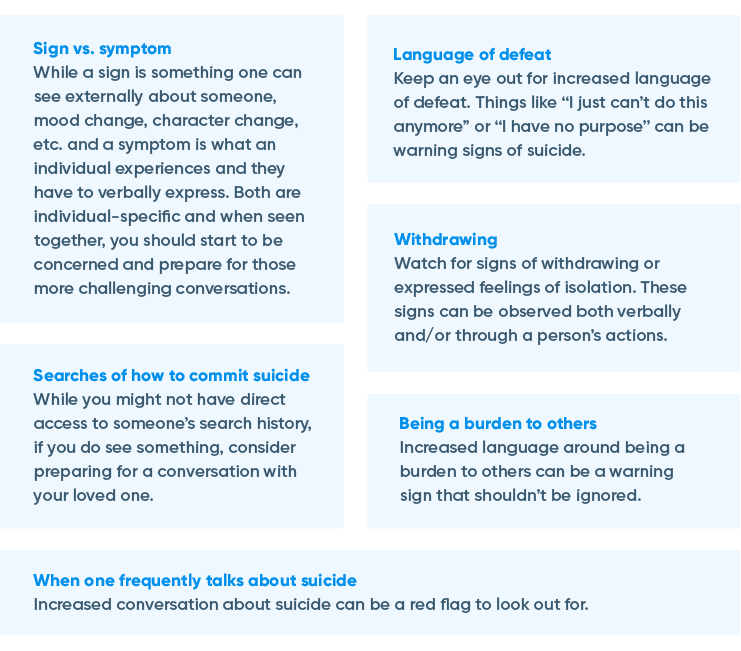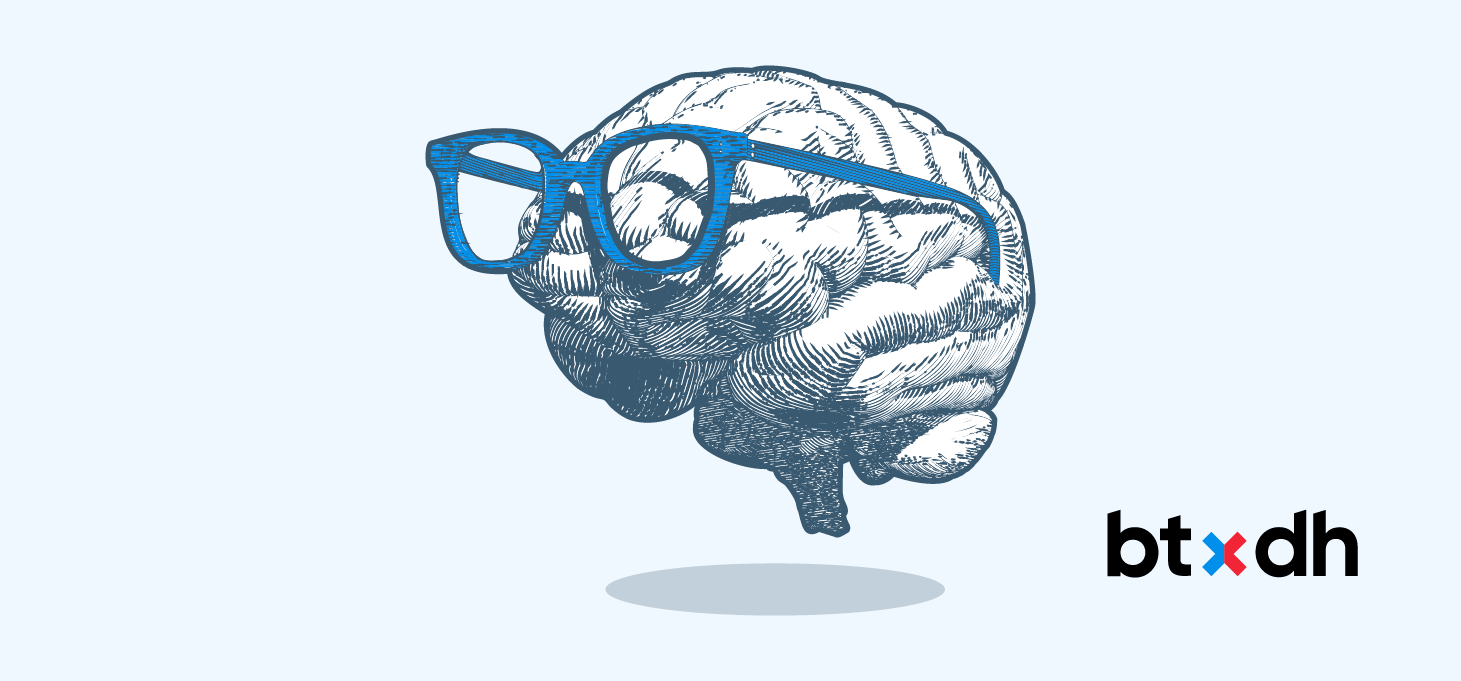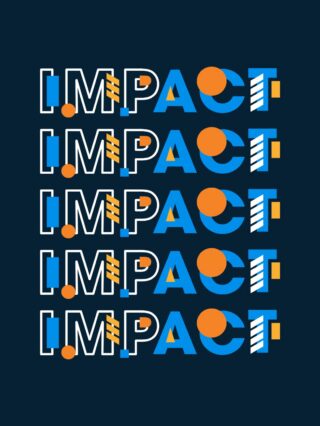While that’s a wrap on Mental Health Awareness month, we’re far from done with honoring our commitment to deepening our understanding of mental health. Our goal is to help our employee-owners flourish both inside and outside of the workplace, a job that is never done.
Throughout the month, we had the honor of hearing from so many amazing guest speakers like Dr. Jessica Jackson and NAMI Rochester, we launched a mental health focused page to honor our beloved coworker and friend, Mike Kite, and we participated in volunteer events like the NAMI Rochester walk to bring awareness to suicide prevention, and in celebration of hope and recovery.
It was truly a month of learning, growing, and taking action on mental health. In our commitment to being a resource to those who need it, we want to extend those learnings to our community, you! Keep reading to find key takeaways from our Mental Health Awareness Month learnings.
Mental Health After the Pandemic
Whatever way you look at it, mental health awareness is on the rise. The recent pandemic has brought feelings, diagnosis, and awareness to the surface, bringing mental health to the top of many conversations. The tough, but true news, is it has always been there, mental health isn’t just an aftereffect of the pandemic. The good news, the pandemic has amplified awareness and started those important conversations.
Let’s Talk About It, Warning Signs of Suicide

How to Prepare for a Conversation About Suicide
-
Create an aftercare plan: It’s the classic airplane oxygen mask theory, help yourself first so that you can properly help others. Before starting those important conversations prepare an aftercare plan for yourself. Be intentional about self-care for you, how are you going to care for your mental health after those tough conversations?
-
“I” statements: Use “I” statements to help stay out of judgment. Instead of using statements like “Why haven’t you been around, what’s wrong with you?” Try “I’ve noticed that you haven’t been around lately, is everything okay?” Phrasing conversations with “I” helps avoid an accusatory tone, which can help others feel safe to open up.
-
Be direct: When bringing up the question of suicide, be direct and ask about suicide. Stay away from questions like, “Are you thinking about hurting yourself?” People will likely feel relief being able to openly talk about what they have been dealing with.
Mental Health in the Workplace
-
Burnout : Something that is unfortunately all too common in today’s workplace is burnout. Burnout is defined as a state of emotional, physical, and mental exhaustion caused by excessive and prolonged stress. The important thing to remember with burnout is simply resting might not be your answer to recovery. Listening to your body can be your most powerful tool. Ask yourself “what do I need?” Maybe it’s scheduling part of your day to be truly unplugged or taking some mental health time away to be with those you love most. The main takeaway is learning to listen within can help you recover from burnout, faster.
-
Setting boundaries: The act of setting boundaries takes time and practice. When beginning to set boundaries for yourself, consider starting small with tasks you can control. Shut your laptop at a specific time or silence your phone for a few hours a day. Setting physical barriers like taping your laptop at the end of the day helps reinforce those boundaries you set for yourself. When it comes to social boundaries, allow for time to pause and reflect to avoid jumping into an obligation that is uncomfortable or that you will have to break in the future.
-
The Power of ‘No’: Sometimes saying an easy word can be difficult. We feel the need to justify using ‘no’ as a complete answer. Remember the power of pause and reflect; answer when you are ready and have had time to truly reflect on what it is you are being asked and how your answer will affect your mental health. Saying no is always an option.

-
Alleviate stress in the workplace: Knowing that long periods of stress can lead to burnout, how do we alleviate those quick bursts of stress, so they don’t affect our long-term mental health? We can start with communication; talk about how you are feeling and discuss capacity of work on an ongoing basis with those who can make a difference. Check-in with other team members, ask how they are doing, what they need, and how you can help. We’re always stronger together.
And finally, always ask “who is not in the room” before making decisions that will affect others and their workload, to ensure inclusion and alleviate future stress for both them and you.
Butler/Till and Digital Hyve are committed to continuing learning about these important topics and amplifying the conversation of mental health. If you or someone you know needs mental health resources, you can find both region-specific and national resources here. Together, with our communities’ DEIB experts, we strive to be that advocate for all.






